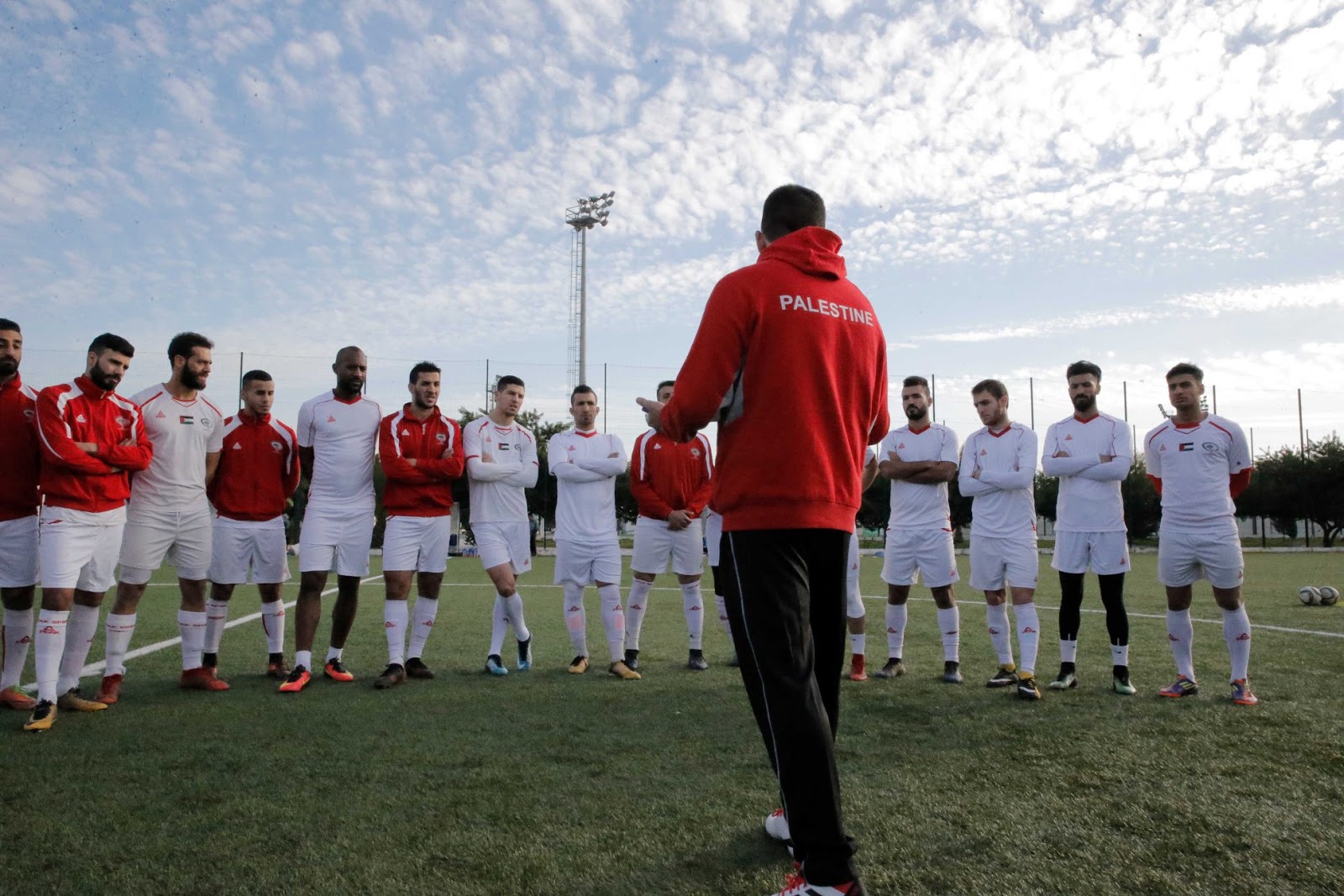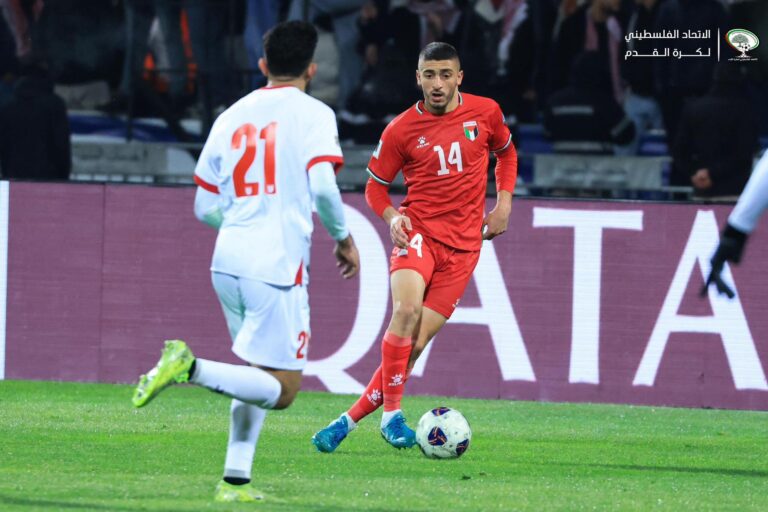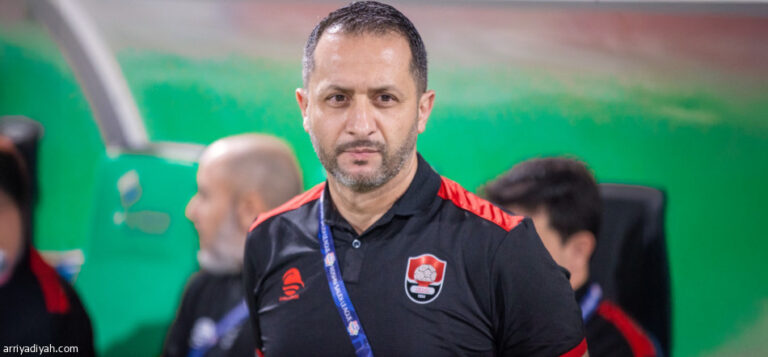
Earlier this week, the Palestine Football Association decided to part ways with Julio Cesar Baldvieso less than three months into their contract.
With dust yet to settle, a picture has begun to emerge on what happened behind the scenes in the Bolivian tactician’s time in the role.
Baldivieso and PFA President Jibril Rajoub were under pressure from the get-go with fans in open revolt over the controversial decision to hire Baldivieso and sideline the wildly successful Abdel Nasser Barakat.
On more than one occasion, Baldivieso was told by Rajoub that a loss in the qualifier against Oman would not be satisfactory. Even repeating a thinly veiled threat that a loss could cost him his job in front of the players.
A draw would have allowed Palestine to top the qualifying group and would have kept Palestine’s two year streak without a loss alive. The optics of the situation became increasingly important to the PFA as negative coverage mounted.
A scandal erupted before a game was played when local media found out that the Baldivieso’s son had joined the coaching staff and was leading training sessions.
Mauricio Baldivieso, holds the record of being the youngest ever footballer to play in a professional match debuting as a 12-year old under the stewardship of his father at Aurora. His presence on the sidelines of the Palestine national team caused such an uproar on social media that Jibril Rajoub had to intercede and send the younger Baldivieso home.
In the aftermath, Rajoub said the decision was made without the influence of “those who post on social media” but also said that the coaching staff came up short in terms of “behavior and performance”- remarks that allude to the fallout from to this scandal.
For all the negative reaction from the media and fans. Many players went on the record to express their support for the manager. Captian Abdelatif Bahdari even went so far to post a defence of the coaching staff following the 0-1 loss to Oman.
In conversations with other players many were pleased with the conduct of the staff, describing training sessions as “professional and well planned”.
The wheels came off of the bus in the days leading up to the Oman match, having trained the team to deploy a 4-1-4-1 he decided to deploy a five man backline.
The tactical switch caused chaos and confusion in camp and matters with most the defenders lacking experience playing in a five man defence.
Baldivieso had told his players that the would start players who were part of the 40-day training camp only for him to change his mind and start Oday Dabbagh who was a late addition to the squad.
One player also was perplexed at the pregame instructions- having previously told the team he wanted to play attacking football- Baldivieso sent out the team with explicit instructions to sit deep and wait for space to be vacated by Oman.
“How we played against Oman, the shape of the starting eleven, went against everything he had told us to do. It was obvious there was pressure on his face because Abu Rami [Rajoub] told everyone you have to get one point.” a national team member told Football Palestine.
The in-game decisions did nothing to improve the team with 19 year old debutant Oday Dabbagh being hooked at halftime and his replacement, Mohammed Balah, being subbed with four minutes to go with side clinging to a 0-0 draw.
The sight of a substitute being substituted summed up the Baldivieso reign perfectly; a change that was confusing, destabilizing, and unnecessary.




